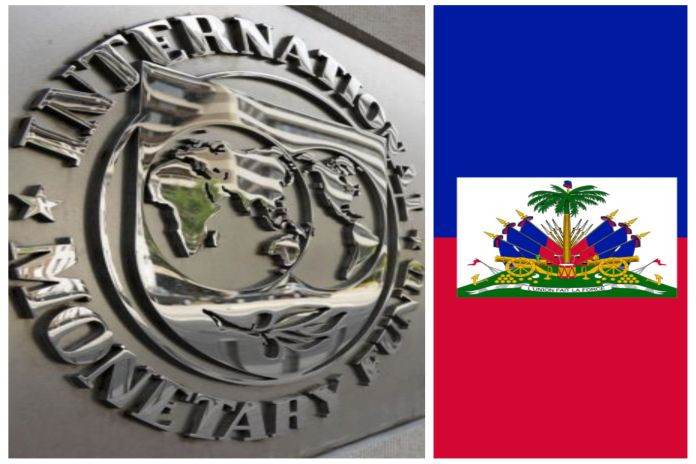- Management of the International Monetary Fund (IMF) approved on June 29, 2023, a Staff-Monitored Program (SMP) with Haiti covering the period through March 2024.
- Building on progress achieved under the previous SMP, which was satisfactorily concluded in May 2023, the new 9-month SMP should contribute to macroeconomic stability by helping Haiti sustain recent policy reforms designed to enhance economic resilience and governance.
- Fund management also welcomes the authorities’ request for an IMF Governance Diagnostic.
USA / HAITI – Management of the International Monetary Fund (IMF) approved on June 29, 2023, a Staff-Monitored Program (SMP) with Haiti which runs through March 31, 2024. The new 9-month SMP was designed by IMF staff and the Haitian authorities, keeping in mind Haiti’s fragility and capacity constraints while supporting the authorities’ economic policy objectives. The SMP may be extended by three additional months at the request of the authorities through June 2024.
SMPs are arrangements between country authorities and the IMF to monitor the implementation of the authorities’ economic program and to establish a track record of policy implementation. SMPs are not accompanied by IMF financial assistance.
Haiti faces a challenging macroeconomic outlook amid a dire humanitarian crisis. The country has been hit hard by economic spillovers from Russia’s invasion of Ukraine, including food price inflation that has triggered a hunger crisis. This global shock has been compounded by a highly volatile security situation in Haiti, which has heightened the economy’s fragility.
Despite the very challenging environment, signs of resilience have emerged. Net international reserves have been rebuilt, although from a low base; custom duties helped boost fiscal revenue by 50 percent in the first six months of the fiscal year of 2023 starting in October 2022, monetary financing of the budget has declined, and the exchange rate has recently stabilized. Efforts to further stabilize the macroeconomic outlook should continue under the SMP, as well as reforms aimed at reducing governance vulnerabilities.
Building on the satisfactory outcome of the previous SMP, which concluded in May, the new SMP should help strengthen Haiti’s domestic revenues mobilization and raise taxes by supporting the implementation of the tax code. This should contribute to the continued lowering the monetary financing of the budget. The fiscal measures should also help enhance transparency and accountability in the use of public spending, continue to enhance the AML/CFT framework and build administrative and institutional capacity in Haiti.
Sustaining progress on reforms to strengthen governance is paramount to ensure inclusive growth and build the trust of the private sector and of development partners. Recent progress in reducing governance vulnerabilities is welcome and should continue to be effectively addressed.
Governance and anti-corruption measures were key components of reforms under the 2022 SMP and will continue to be key in the new SMP. The authorities have acted to strengthen accountability in the use of public resources and have boosted the transparency of public procurement for emergency resources. The recent finalization of revisions to the central bank and to the AML/CFT legal frameworks are also critical for improving governance and transparency.
The authorities have also recently made a formal request for an IMF Governance Diagnostic, which is a very welcome development and will help Haiti solidify the early improvements achieved during the recently concluded SMP. The diagnostics are designed to help inform governance and anti-corruption strategies, including sequencing of reforms.
In line with the Fund Strategy for Fragile and Conflict-Affected States , IMF staff will also continue to coordinate closely with Haiti’s main development partners, particularly given the critical role of development partners on capacity development and financing.
IMF Communications Department





